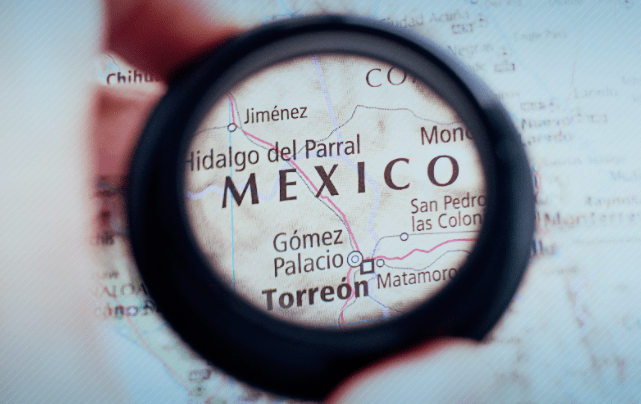Mexico launched this Tuesday a one-stop shop for investments, the Invest in Mexico digital platform, which is non-binding and does provide a guide to provide certainty and clarity in the procedures.
This one-stop shop was proposed by the Undersecretary of Foreign Trade, Luz María de la Mora, and was presented by the Secretary of Economy, Tatiana Clouthier.
Mexico competes for foreign investment with many other countries, including China and Central and Eastern European nations. The Mexican government believes that it will be able to maintain continuous access to foreign investment due to the levels of competitiveness and productivity of the Mexican economy.
Mexico’s Foreign Investment Law establishes a legal framework designed to encourage foreign investment in Mexico and to impose certain limited restrictions on foreign investment in Mexico.
For example, the Foreign Investment Law allows foreign investors to own 100% of the capital stock of a Mexican company if certain conditions are met.
The Foreign Investment Law also details which economic activities are reserved exclusively for the government or for Mexican investors.
In addition, the platform outlines certain activities in which foreign investment cannot exceed 10, 25, 30 or 49% of the total investment without the approval of the Foreign Investment Commission.
Investments
In May 2019, ProMéxico, a public trust that was previously overseen by the Ministry of Economy, was dissolved and the trust transferred its responsibilities to the Ministry of Economy and the Ministry of Foreign Affairs.
The head of the Global Economic Intelligence Unit, Mónica Duhem, said that Invest in Mexico had the support of the United Nations Conference on Trade and Development (UNCTAD) and the National Commission for Regulatory Improvement (CONAMER).
Mexico received 24,831.7 million dollars of Foreign Direct Investment (FDI) in the first nine months of 2021, a year-on-year increase of 5.7%, according to statistics from the Ministry of the Economy.
Because the Mexican economy is closely tied to the US economy, US trade policies can adversely affect economic conditions in Mexico.
United States immigration policies could also affect trade and other relations between Mexico and the United States and have other consequences for Mexican government policies.
These factors could have an impact on the growth of Mexico’s gross domestic product, the exchange rate between the US dollar and the Mexican peso, the levels of foreign direct investment and portfolio investment in Mexico, interest rates, inflation and the Mexican economy in general.
![]()

